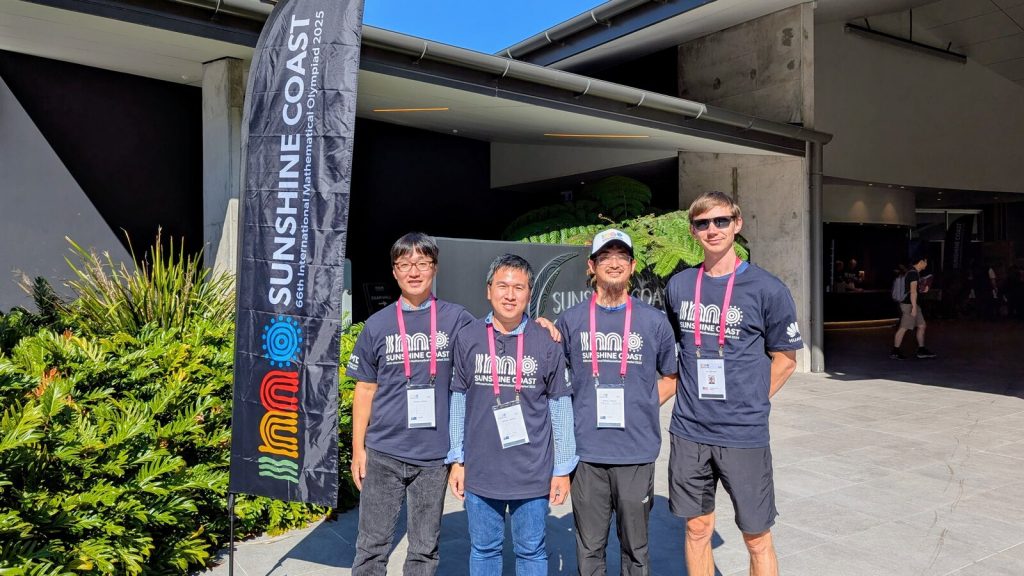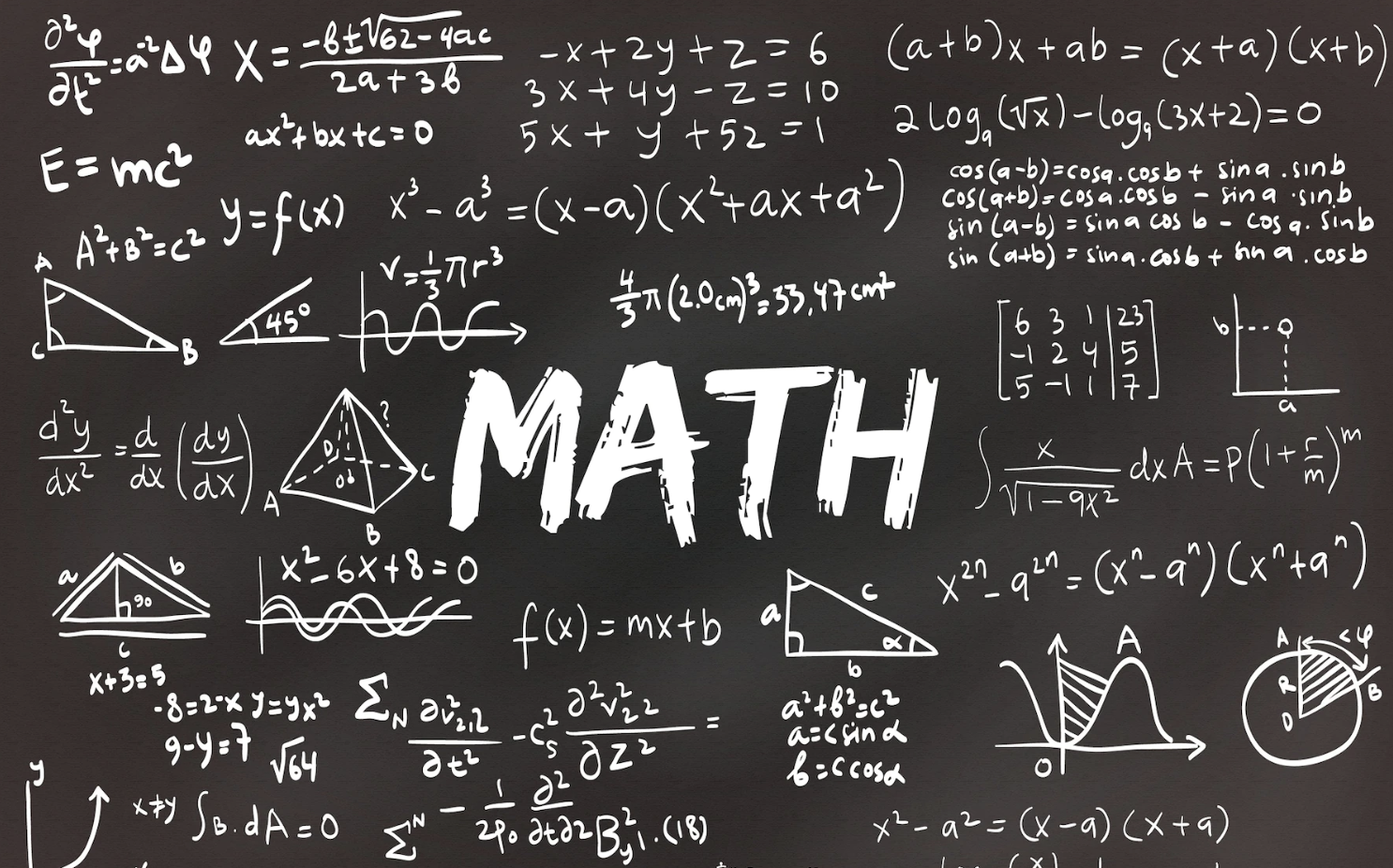Humans have outperformed advanced artificial intelligence models from Google and OpenAI at this year’s International Mathematical Olympiad (IMO), even though both systems achieved scores high enough for gold medals—a first in the event’s history.
Despite the impressive showing by AI, neither model managed a perfect score. In contrast, five young human participants achieved full marks at the prestigious competition, which took place this month in Queensland, Australia.
The IMO is open to talented students under the age of 20 and is widely regarded as the most elite global mathematics contest for young minds.
Google revealed on Monday that an advanced version of its Gemini chatbot successfully solved five out of six challenging math problems, earning 35 out of a possible 42 points.
The result, according to IMO president Gregor Dolinar, met the benchmark for a gold medal. He praised the AI’s solutions as “astonishing,” noting that IMO graders found the responses to be clear, precise, and, in many cases, easy to follow.

OpenAI, the creator of ChatGPT, reported that its experimental reasoning model also scored 35 points.
Researcher Alexander Wei described the result as a major achievement in artificial intelligence, calling it a long-standing “grand challenge” to reach gold-level performance at the IMO.
He added that the model’s solutions were evaluated under standard competition conditions and were independently marked by three former IMO medal winners.
Last year, Google’s model achieved a silver-level performance when the IMO was held in Bath, UK, solving four out of six problems. That effort took two to three days of computation. This year, Gemini was able to complete its solutions within the same 4.5-hour window allocated to human competitors.
Organisers confirmed that closed-source AI models were privately tested on the same problems given to the 641 human contestants from 112 countries.
While the progress is considered groundbreaking, IMO president Dolinar warned that the level of computing power used—and the extent of any human input—could not be independently verified.
“It is very exciting to see progress in the mathematical capabilities of AI models,” Dolinar said, while also calling for transparency in how such results are achieved.


 Trending
Trending 
